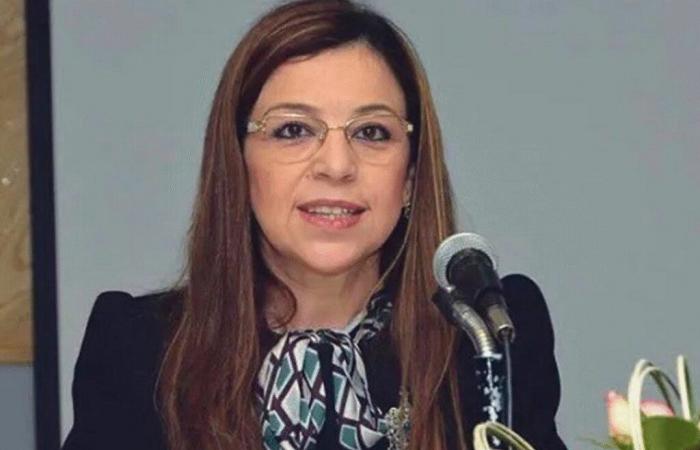She stressed that this positive dynamic was consolidated by the adoption, in the 2011 Constitution, of the principle of equality in matters of rights and freedoms of civil, political, economic, social, cultural and environmental nature.
In this context, the Minister praised the essential role played by international partners, civil society and the various actors in the implementation of action plans aimed at promoting equality and to fight against discrimination against women, specifying that this multilateral cooperation constitutes a real lever to achieve the national objectives in the matter.
It has also emphasized the importance of the exchange of expertise and experiences with members of the diplomatic corps, by providing the information necessary for a better understanding of the specificities of Morocco in the implementation of public policies with social dimension.
For his part, the president of the diplomatic foundation, Abdelati Habek, noted that Morocco has known, over the past two decades, to strengthen its legislative arsenal in order to anchor the foundations of the social state.
He highlighted the social contract established by the 2011 Constitution, which is based on the consolidation of rights and freedoms, and the strengthening of the social dimension in public policies, through a set of initiatives, programs and the creation of social institutions aimed at support for social cohesion.
-The President of the Foundation also recalled that the Moroccan family occupies a central place in public policies, through legislative, political and social reforms which aim to establish gender equality in matters of rights and freedoms, to combat poverty and social exclusion, to support vulnerable people, and to promote the situation of women.
In this sense, Mr. Habek has mentioned the reform of the family code which reflects a strong national will to promote the situation of the Moroccan family, aims to guarantee equitable rights to all, and also strengthens the leadership of the kingdom in the promotion of equality and parity, in compliance with national and religious constants, and in line with the country’s social, economic and cultural developments.
With regard to people with disabilities, Mr. Habek indicated that the action plan implemented in favor of this category is based on international and national references, in particular the convention relating to the rights of disabled people, framework law n ° 97.13, as well as the public policy for the protection of childhood 2015-2025.
Mr. Habek also underlined the opening policy led by Morocco and its efforts to establish a promising model of international cooperation and South-South cooperation, adding that this dynamic has enabled the implementation of promising projects and the launch of concrete initiatives, such as the creation of the African network on social inclusion, solidarity and disability.
This meeting, focused on the means of consolidating the foundations of the social state and social justice, was an opportunity to highlight the importance of strengthening family cohesion, the economic empowerment of women, the anchoring of the principles of equity and the realization of equal opportunities and dignity, as well as the inclusion of people in vulnerability in the various aspects of life.







